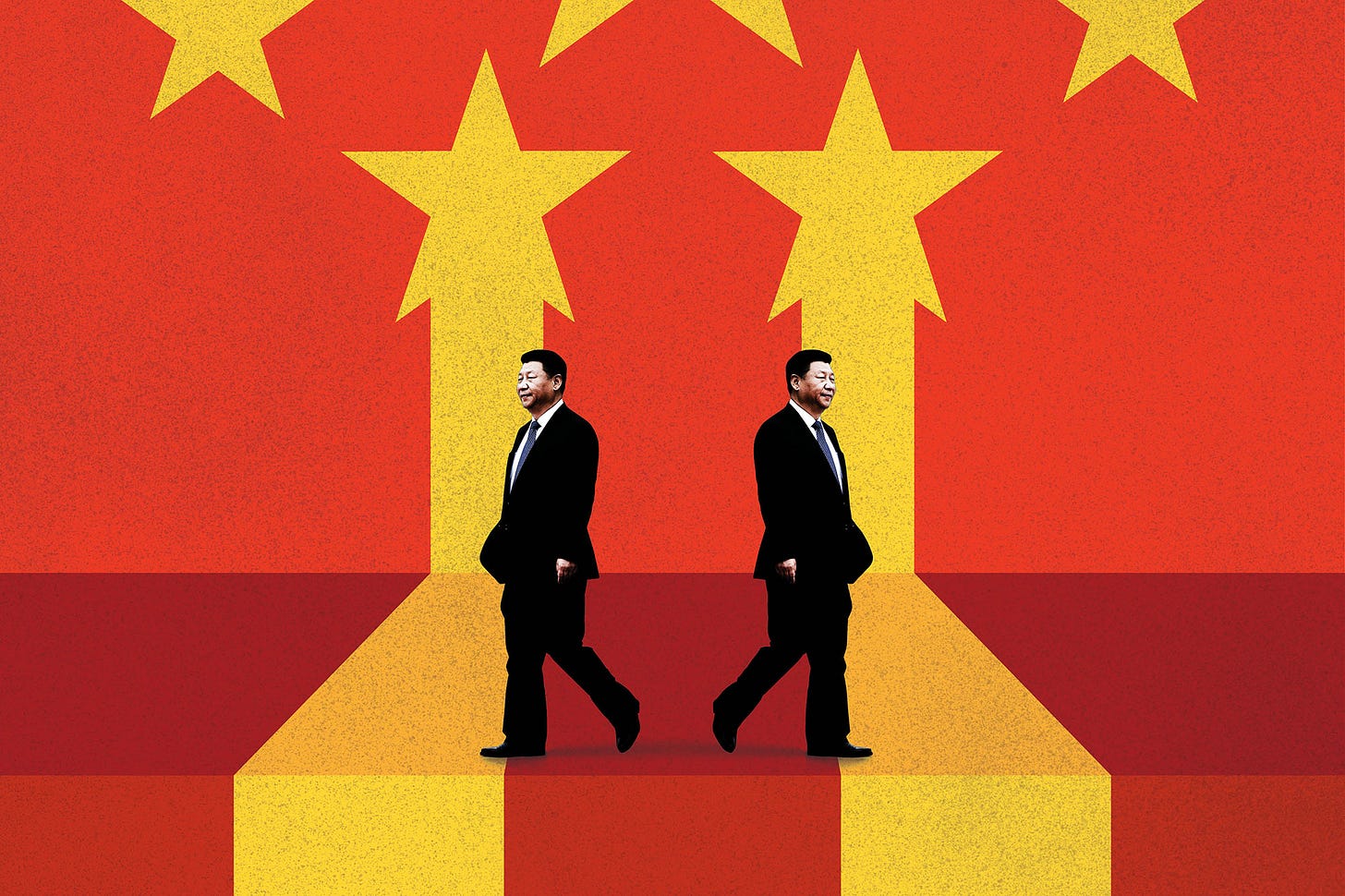At the Last Futurist, I’ve long been fascinated by China’s extraordinary fast rise both economically and technologically since roughly 2010. We might surmise it’s been in a golden age period of innovation relative to other countries since about that time. However this movement is actually accelerating in the 2020s.
The CCP’s 100-year anniversary is a bizarre time, one of extreme nationalism for China and one in which the world fears China’s rise, even as the CCP says it won’t be bullied. Meanwhile its efforts to disrupt, interfere and manipulate on the global stage has never been higher.
The issue of Taiwan is also a major source of tension. While democratic Taiwan sees itself as a sovereign state, Beijing views the island as a breakaway province. China is also dealing in diplomacy in a wolf-warrior manner since the pandemic began while refusing to be transparent with its data as to its origins.
China will not allow “sanctimonious preaching” or bullying from foreign forces, and anyone who tries “will find themselves on a collision course with a steel wall forged by 1.4 billion people”, its president, Xi Jinping, has said on the centenary of the Chinese Communist party. What is the world to make of this nationalism that feels decades out of place in the past?
China’s economic, military and technological might is growing to the point that it will easily be the dominant first colony on Mars by the time we get there.
China is also organizing its startups better with more antitrust regulation for its sprawling BigTech dynasty which will allow real innovation to take place in a more fair marketplace for new kinds of companies displacing Silicon Valley as the center of technological innovation in the world.
China’s socialism with Chinese characteristics has a real surveillance capitalism advantage in state-sponsored companies and how they will grow globally. Their diplomatic closeness with Russia creates perhaps the duopoly of the next era in terms of global concerns with a declining Europe and America. It’s the great unknown of the 21st century for humanity.
China is still a relatively poor country per capita. The average Chinese does not have a high quality of living. Young people are becoming disillusioned in the system China is creating already in the 2021. Yet the China’s Communist Party, desperately wants to urge the unfulfilled dream of the “great rejuvenation of the Chinese nation.” China’s nationalism and use of artificial intelligence is as close to a police state as perhaps humans will likely ever come, and their influence could make this global.
The CCP has achieved a new nationalism for China and emerge as many parts of the world are in disarray due to the pandemic. In a speech before a crowd of 70,000 in Tiananmen Square in Beijing, Xi praised the ruling party for lifting China out of poverty and humiliation, and pledged to expand China’s military and influence. China is thus creating a redemption and will to power narrative.
Chinese however are suffering too. Millions of Chinese people did not go back to urban areas for work after the coronavirus pandemic last year, official data show. Just as in America there was an exodus from major cities, in China reverse urban migration and laying flag are real things. Reverse migration will pick up pace in coming years, partly because [the workers] cannot afford city housing and do not have access to city healthcare. Many young people cannot afford China’s version of the rate race, which can require very long week works and absurd rising costs.
Chinese President Xi Jinping pledged a “complete reunification” with Taiwan — drawing a strong rebuke from the democratic, self-ruled island. Hong Kong in 2022 will be just a shadow of its former self, even as more Chinese companies double list in the U.S. and now in Hong Kong as well.
Meanwhile China’s recent moves to regulate its technology companies is a reflection of the difference in the way the Asian giant deals with regulatory issues as opposed to the West and will likely actually benefit creating a real marketplace where competition takes place. In the west Internet giants have become so powerful as to disrupt regular jobs in industries even as they increase their own ranks in total head counts.
The stark reality however is as massive as China is and becomes, it’s still somewhat of a ‘lone wolf’ in the world and despised for its manipulative tactics. Tactics used with Australia, Canada and vulnerable African and South American countries. It’s global reputation seems to lower even as it becomes more powerful and arrogant on the world stage.
China’s technological and militarist rise is so sudden in the early to mid 21st century that it’s cold tech wars with America could escalate into serious conflict. China is not behaving globally as a pacifist in its policies for global influence and economic state-sponsored capitalism. It’s corporate espionage programs and infiltration programs were for the most part a great success. It’s economic growth is all but inevitable and will fuel exporting its ideology and the CCP’s level of control to other areas of the world. This is what we refer to as the Red Dragon era of humanity.




